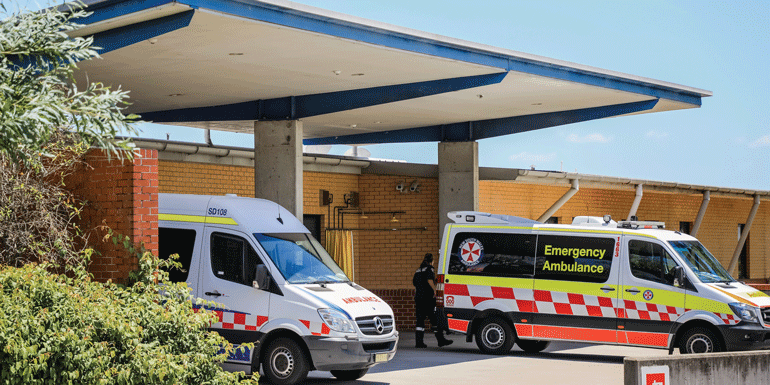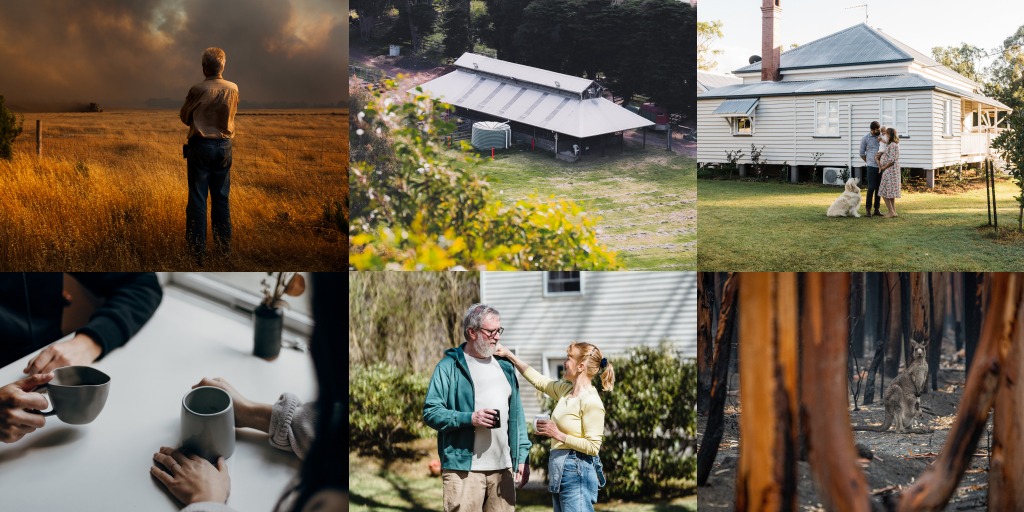How climate change is affecting households
We're already feeling the effects of climate change. While climate change impacts vary across NSW, there are some consistent changes. Weather across the state is becoming more variable, and extreme events such as bushfires, storms and floods are becoming more frequent and severe.
The effects of climate change for each household depends on where you live. Each region will experience the effects of climate change differently depending on your location and specific vulnerabilities. The design and construction of your home also makes a difference.
To find out more about how the climate is changing where you live, try our interactive climate projection map, and visit the My Region page. Learning about the changes happening to your climate can help you to plan ahead
Natural Environment
Our natural environment is being impacted by climate change. For example, higher temperatures and changes in rainfall are affecting our river systems and local plants and animals.
All these changes impact how we engage with our environment; from recreational activities such as walking, surfing and skiing, to the physical and mental benefits we gain from spending time outdoors. In addition, the natural environment gives us a sense of place, fosters social cohesion and is essential for human health and well-being.
Climate change may also change the environment around your home, for example, you might need to develop a water-wise garden or use more native plants that are better adapted to the climate.
Built environment
Climate change is causing more frequent severe weather events that affect the built environment of NSW. This impacts our buildings, such as our homes and schools, our infrastructure, such as our roads, and open green spaces such as parks. Severe weather events such as floods puts lives at risk, damages homes and roads and isolate communities from family and essential services.
Health and wellbeing
Climate change can directly impact our health and wellbeing. For example, increased temperatures and heatwaves can damage health and are particularly dangerous for vulnerable people such as people who are elderly, economically disadvantaged or those with disabilities.
Severe climate impacts can threaten lives. Bushfires have direct threats to life and create hazardous smoke that significantly reduces air quality, causing respiratory illness. Hazardous smoke also reduces our ability to go outside for community and recreational activities.
Case studies

Monash University's Climate Change Communication Research Hub applied NARCliM regional climate projections to visualise the projected increase in average summer temperatures across Australia's local government areas.

Dr Ivan Hanigan leads a team of researchers investigating the impact of climate change on health in Australia using NARCliM regional climate projections. Their work looks at the future heat island effect in Australian cities, including the likely number of deaths caused by future heatwaves in Sydney.

The CRJO and its partners created the Bushfire-Resilient Housing Toolkit to reframe bushfire risk to help prepare and build more resilient communities.
